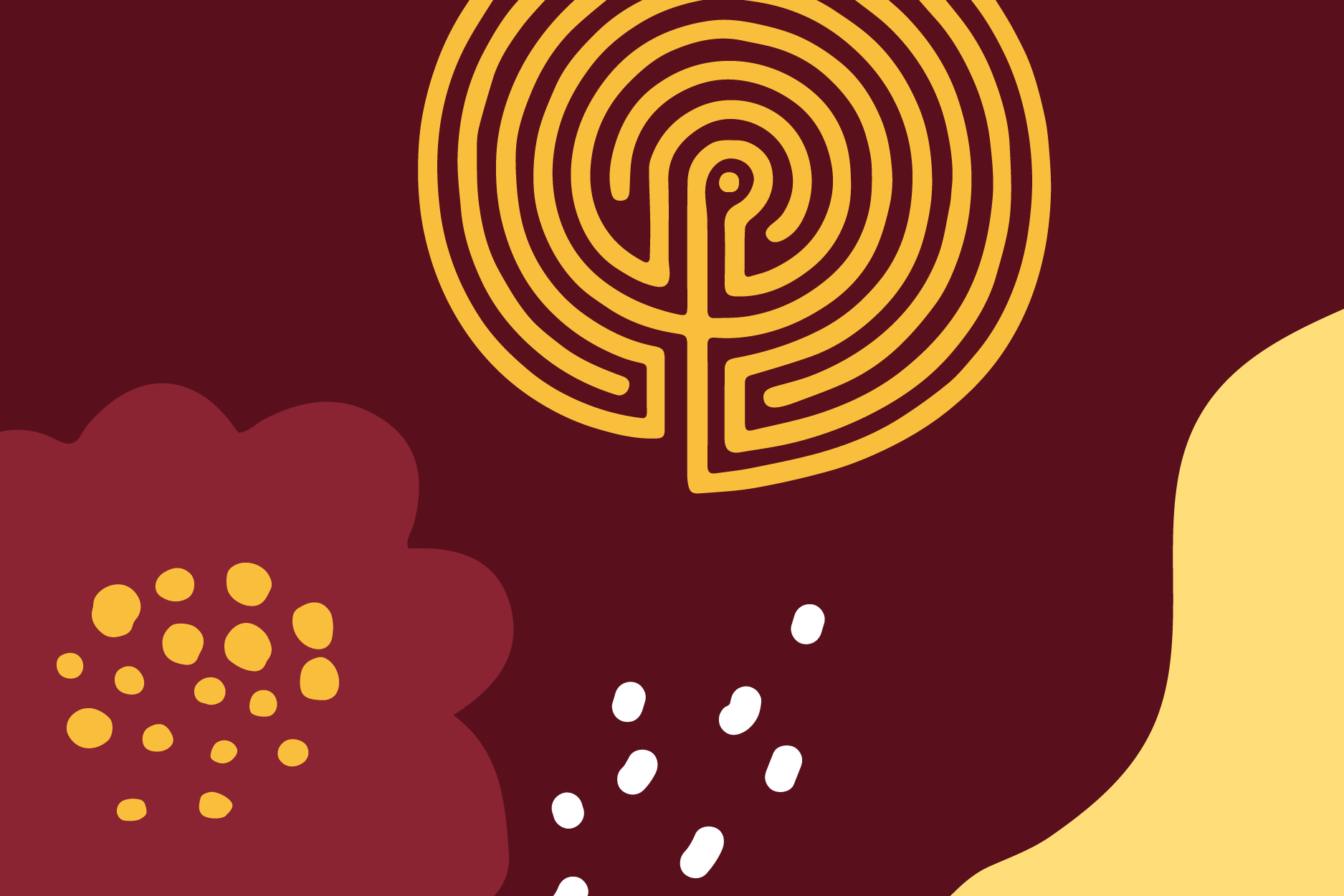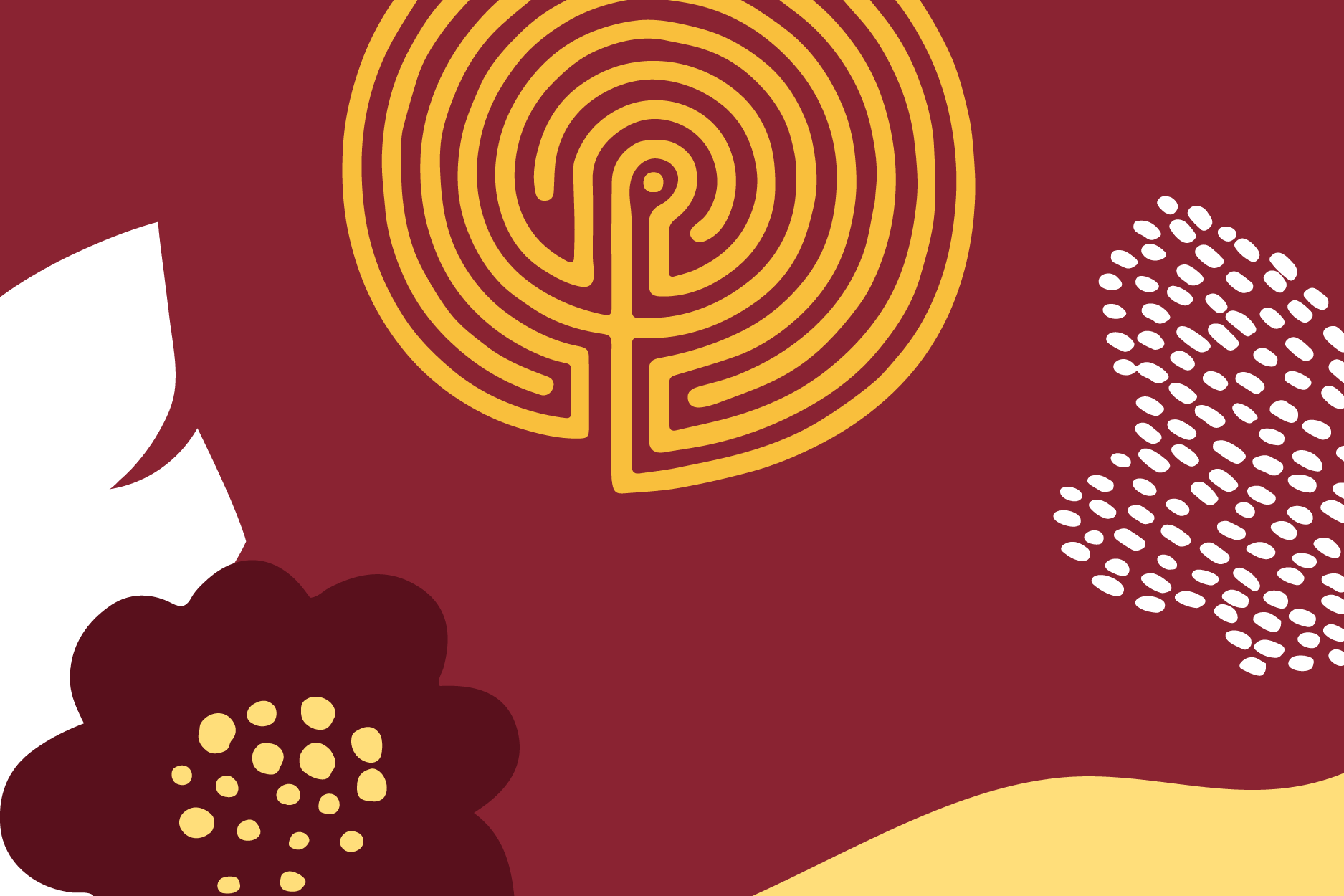The Future of Health Care is Integrative
Reimagine medicine through integrative health. That’s the powerful — and daunting — mission that the University of California-Irvine (UCI) set for itself a half-decade ago.
June 15, 2023
Heidi Wachter

Reimagine medicine through integrative health. That’s the powerful — and daunting — mission that the University of California-Irvine (UCI) set for itself a half-decade ago.
Integrative health is a whole-person, patient-centered approach to care. It redefines the practitioner-patient relationship as a partnership empowering the patient to take charge of and participate in their own wellbeing.
It’s a care model informed by scientific evidence utilizing appropriate preventives and therapeutics while considering lifestyle factors such as sleep, stress, nutrition, and physical activity that influence mind, body, and spiritual wellbeing. Finally, the framework seeks to improve the wellbeing of patients and practitioners.
A critical step in reaching their goal included establishing The Susan and Henry Samueli School of Health Sciences at UCI, which consists of the School of Medicine, the Sue & Bill Gross School of Nursing, the Susan Samueli Integrative Health Institute, and the School of Pharmacy and Pharmaceutical Sciences. (A proposed School of Population Health is in development).

But shifting an entire health care enterprise required more than just buildings and infrastructure. “It required a vested interest in the mission from the chancellor and our executive leadership both on the college or the university side, as well as the medical center side,” says UCI Health Director of Nursing, Molly Nunez, DNP, APRN, ACNP. Nunez is a graduate of the University of Minnesota Integrative Health and Healing DNP program specialty, a joint program between the School of Nursing and the Bakken Center.
Shifting Culture
Nunez, an advanced practice registered nurse and former Director of Clinical Operations for the Susan Somali Integrative Health Institute, was tapped to help create policies and procedures and to build the clinical footprint of integrative health within UCI’s academic health care enterprise and integrative nursing.
Integrative nursing is a way of being, knowing, and doing that advances a whole health perspective to optimize a patient’s wellbeing. Integrative nurses use evidence-based strategies to support the whole person, system, and planetary healing.
“Integrative nursing is not just teaching about integrative therapies; it’s teaching a different way of interacting with patients, family members, and colleagues,” says Mary Jo Kreitzer, PhD, RN, FAAN, Director of the Earl Bakken Center for Spirituality & Healing at the University of Minnesota.
The Principles of Integrative Nursing, developed by Dr. Mary Jo Kreitzer and Dr. Mary Koithan, include:
- Human beings are whole systems inseparable from and influenced by environments.
- Human beings have an innate capacity for healing and wellbeing.
- Integrative nursing is person-centered and relationship-based.
- Nature has healing and restorative properties that contribute to health and wellbeing.
- Integrative Nursing is informed by evidence and uses a full range of conventional and integrative approaches, employing the least intensive intervention possible depending on the need and context.
- Integrative nursing focuses on the health and wellbeing of caregivers as well as those they serve.
“The principles of integrative nursing fit nicely into UCI’s established relationship-based care model,” says Nunez, creating a solid foundation for building an integrative model. “But UCI viewed integrative nursing as a culture change,” Kreitzer says.
As part of the years-long switch to integrative nursing, UCI partnered with Kreitzer and the Center’s Director of Education and Associate Professor Megan Voss, DNP, RN, for strategic consultation and to train at least 85 percent of the registered nurses within the organization. UCI implemented a grassroots adoption approach that included training formal and informal leaders in their settings across their health care enterprise
“UC-Irvine has long been interested in the Center’s work,” Kreitzer explains. “A few years ago, a team, including the University’s chancellor, spent a couple of days learning about what we were doing and were particularly interested in our research, interdisciplinary education, health coaching, and integrative nursing.”
Overcoming Challenges
The training program, which consisted of several days of in-person learning on aromatherapy, mind-body skills, acupressure, and integrative nursing, was to be implemented just as the COVID-19 pandemic struck. But UCI would not be deterred. “The decision was made that we still need to do this, so we pressed on,” Nunez says.
COVID-19’s arrival presented challenges as there was little e-learning done before the pandemic. UCI had to set up a learning management system and other technical infrastructure for staff to join from home.
Yet COVID turned out to be a catalyst for change — and success. UCI exceeded its goal of training 85 percent of nurses. Further, remote learning removed barriers to traditional classroom education, allowing many employees — including ancillary support staff and physicians — to access the training.
“Adoption of new practices is challenging, Nunez notes. “Health care providers are very conservative and like to minimize risks for the patient. We were thoughtful about the implementation process, had solid policies and procedures, and only used evidence-based therapies.”
“What was inspiring about UCI’s approach is that they didn’t mandate this education for nurses; they just created the culture for them to flourish,” says Voss. “And the number of nurses excited and engaged in the education was mind-blowing.”
Putting Theory into Practice
UCI nurses are putting what they learned to good use. After three years of implementation, the number of documented monthly integrative nursing interventions continues to rise. “We started this year at about 1,200 per month,” Nunez says. “Through continued development and dissemination of tools to support integrative health practices, we now have more than 4,500 integrative nursing interventions monthly.”
Example interventions include using guided imagery and music to reduce patient anxiety, essential oils to promote relaxation, and acupressure for pain relief so that lower doses of pain medication are necessary.
“Patient reports of nausea have improved by 42 percent, and sleep issues have improved by 20 percent,” Nunez says. “The nursing units who adopted integrative nursing more robustly than others saw the most increase in our patient satisfaction scores this year.”
“I really liked when my nurse rubbed my arms with massage oil, which smells like lavender,” one patient said in a testimonial. “My doctors and nurses helped put my body back together again after my car accident because we did it without a lot of drugs or pain pills.”
Explore with us how a financial gift can broaden and expand these strategically meaningful partnership opportunities that reimagine medicine through integrative health. To begin the conversation about the impact you would like to make, contact Virginia Kaczmarek, Development Officer at 612-624-1121, [email protected] or visit z.umn.edu/GiveCSH


